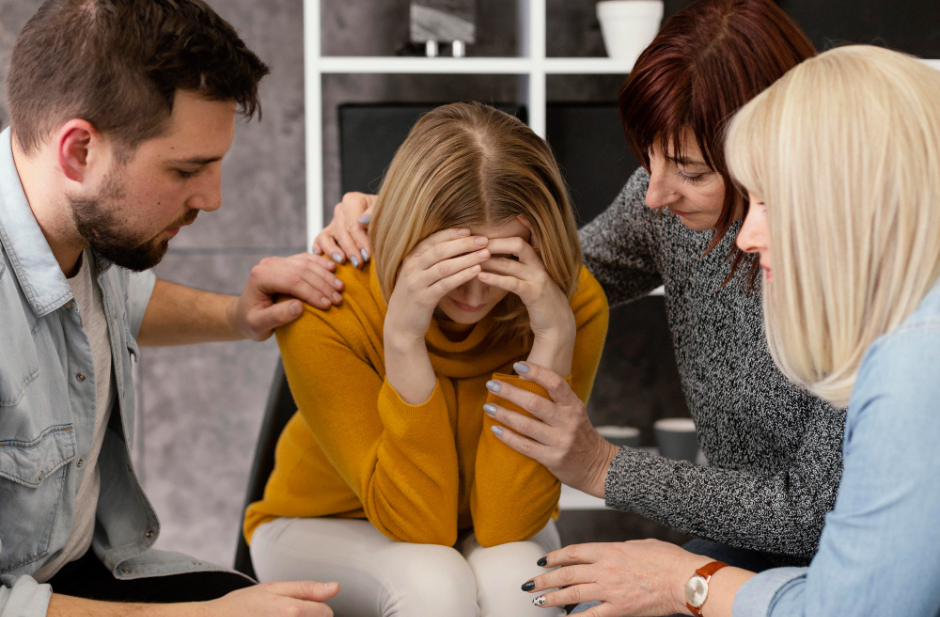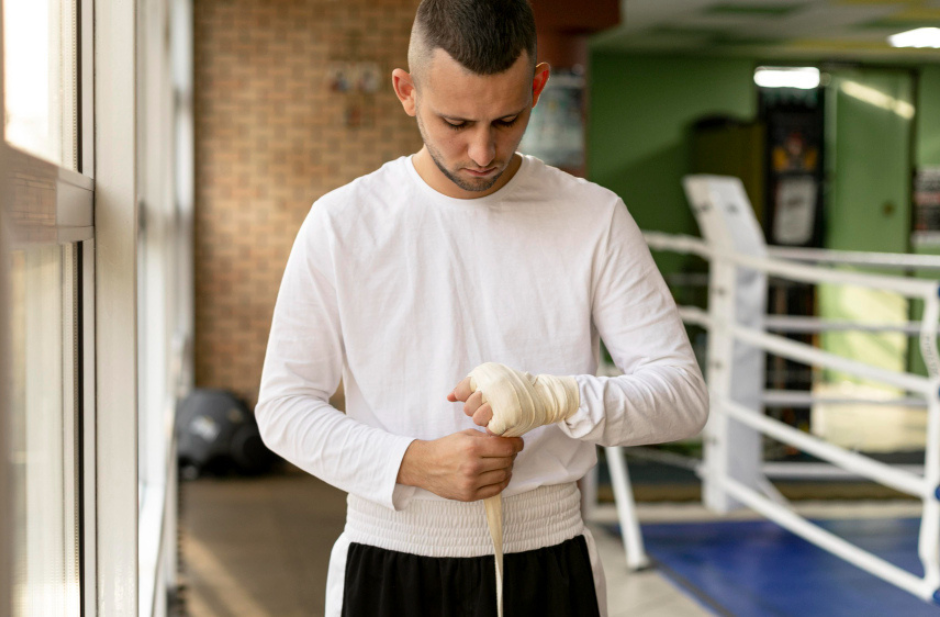Walk into any courtroom on a regular day, and you’ll see the gears turning—cases flying through the docket like clockwork.
To the system, it’s all routine. People turn into case numbers, their lives compressed into charges, dates, and paperwork.
Sure, there’s structure and order, and that’s important. But what’s often missing is the emotional wreckage left behind—especially for the families caught in the storm. What’s missing is compassion in law enforcement.
According to FWD.us, more than 113 million Americans have had a close family member locked up. That’s not a small group.
Every time someone’s accused of a crime, there’s usually a whole circle of people—kids, partners, parents—trying to wrap their heads around it all while dealing with fear, stress, and often, money problems.
This blog isn’t about pointing fingers. It’s about seeing what’s usually invisible: the quiet pain families carry, and why real justice should care about them too.
So, if you are trying to understand why there should be compassion in law enforcement, please read this article till the end…
The Invisible Sentence Families Serve
When someone you love is suddenly facing charges, life flips upside down. It’s not just about them—it hits everyone close.
Mothers crying alone at night. Spouses are drowning in legal fees. Kids are asking tough questions that nobody has the answers to.
Even if that person is cleared or let go later, the emotional scars on the family don’t just fade away.
They get judged. Isolated. Forgotten. Nobody sees their grief or hears their side. The courtroom, for them, isn’t just a place of law—it’s where their whole world feels like it’s hanging in the balance. Hope and fear, all tangled up.
Here’s how families of the accused suffer
Sense Of Loss And Trauma:
When a family member is taken away to prison due to being convicted of a crime, this kind of situation can be emotionally similar to a “bereavement without a body”.
Abandonment, fear, anxiety, depression, and guilt are some of the emotions that children with such a situation at their home might struggle with, with the result that their mental health and development will be affected.
Furthermore, the National Institutes of Health (NIH) states in their research that children whose parents are in prison have a much higher chance of experiencing mental health difficulties.
Stigma And Social Isolation:
Secondly, the families of the people behind bars are the ones that might be the main target of continuous stigma, and the judgment of the community might influence the surrounding people.
This judgment can lead to the isolation of these families and thus, in turn, the families will feel that they are shameful.
Strain On Relationships:
Finally, the absence of an incarcerated family member may have a big impact on the relationships between spouses, parents and children, and even extended family members.
The inability to communicate creates a problem, while the remaining caregiver might feel that he has a lot of work.
As a result of this, the stress that he is going to face can make the situation worse in the family.
Importance Of Compassion In Law Enforcement: The Power Of Human-Centered Legal Defense
But here’s the thing—not every lawyer sticks to the script. Some get it. They understand that a defendant isn’t just one person standing alone; they’ve got people behind them who need clarity, kindness, and a little humanity along the way.
Firms like Court House Lawyers lean into that approach. For them, it’s not just about legal wins—it’s about preserving dignity, calming the chaos, and helping families hold it together.
These are the attorneys who actually listen. Who explain things in plain English. Who let emotions show up in the room without shutting them down.
And that? That can change everything—not just the verdict, but the healing that comes after.
Why The System Feels Cold
The legal system was built for order, not feelings. Prosecutors have rules to follow. Judges have deadlines. Defense lawyers? Most are drowning in case files and don’t have time to slow down, let alone check in emotionally with a family.
So what happens? Families feel like outsiders—or worse, like suspects themselves. They’re left to figure out a confusing, emotionally draining system without much help or heart.
It’s not always because people don’t care. It’s just… the system wasn’t designed with them in mind.
What Families Need From Their Lawyer
If someone close to you is facing charges, chances are you’re not just looking for a sharp legal mind. You want someone who sees you. Who gets the fear, the frustration, the sleepless nights.
The best defense lawyers don’t just show up in court. They:
- Keep communication clear and consistent
- Treat families with empathy, not impatience
- Offer emotional support or connect you to those who can
- Fight hard in court, and stay human in every other moment
In places like Glendale, where legal situations can get tricky fast, working with a lawyer who balances strategy and compassion can be the light in a really dark tunnel.
Your Legal Guide: Justice Should Have A Beating Heart
The justice system doesn’t have to feel robotic. People facing charges deserve fair treatment—but so do the families standing beside them, often quietly bearing the brunt.
When we acknowledge what families go through, we open the door to a more honest kind of justice. One that’s not just about rules and outcomes, but about real people and their lives.
So if you or someone you care about is going through this, find a lawyer who gets the whole picture. Because justice shouldn’t feel cold—it should feel just, and maybe even a little bit human.
I hope that this blog has been of help to you if you were trying to understand why there is a need for compassion in law enforcement. If there are any other queries that you might have about the same, please feel free to let me know.
All that you need to do is scroll down till you reach the bottom of the page. Then leave your comments in the box below. And I will be there to answer them all for you!
Read More:
















